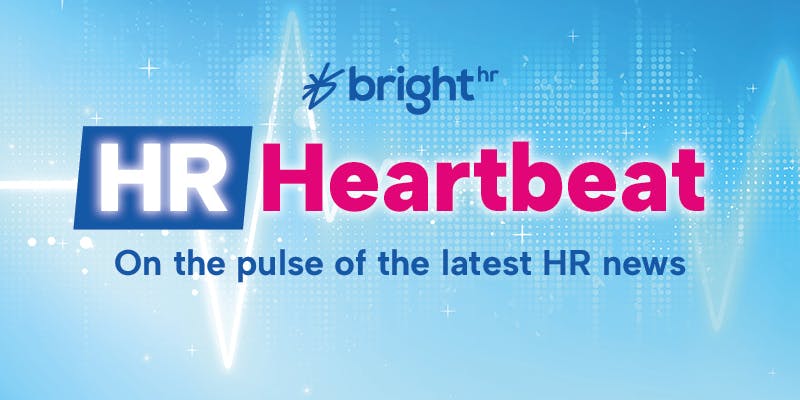First published on Monday, May 29, 2023
Last updated on Monday, May 29, 2023
Have you heard the latest news?
Welcome to HR Heartbeat, where we give you a rundown of the week's top employment law stories. Stay on the pulse of current trends impacting your business. Plus get up-to-the-minute commentary on all things HR and legal.
So, let's check out this week's headlines..
Free tampons in workplaces
Federally regulated workplaces are about to become much more inclusive.
Canada's Labour Minister recently announced changes to the Labour Code that will require federally regulated workplaces to begin making menstrual products available for free in the workplace.
Starting December 15th 2023, employers will have to make pads and tampons readily available in washrooms or other employer-controlled spaces. This will make it easy for employees who need them while on the job to access them at no cost.
This program will help shed light on period poverty by making menstrual products more available to *vulnerable workers who may face financial obstacles when getting menstrual products. *
Employers who treat tampons and pads as necessities will help reduce the stigma associated with periods and create a healthier, more inclusive workplace.
Explore more ways you can create an inclusive workplace.
Championing the fight against child labour
Earlier this month, the Canadian Parliament passed a bill to help fight forced and child labour in the supply chain.
The Act will take effect on January 1st 2024, and impose strict reporting structures on Canadian businesses and businesses that import goods to Canada.
These businesses must publish annual reports that show the steps they’ve taken in the previous financial year to identify, address, prevent and reduce the risk of child labour and forced labour at any stage in the production of their goods. All employers who do business or have assets in Canada must follow these reporting obligations.
Employers take note! If you don't publicly publish a satisfactory report, you may be liable for fines of up to $250,000.
Get lightning-fast answers to your questions on your reporting obligations as an employer.
Is your business working for workers?
The Working for Workers Act, 2023 has been ordered for Third Reading. If the Bill passes, it'll provide better protection to vulnerable workers in Ontario by modifying some employment regulations. Employers should be most aware of the following updates, as they'll likely affect you.
Under the Act, employers will need to provide enhanced leave and job protection for military reservists starting from their first day on the job. Employers will also have to give longer notice periods when 50 or more employees are to be fired within the same 4-week period. This includes employees working from home and on site.
The improved Act will also increase fines for businesses convicted of health & safety offences. Employers who don't prioritize employee wellbeing and neglect workplace safety could pay up to $2 million in fines. There will also be higher fines for employers who seize foreign workers' passports or work permits.
Learn what the top 3 biggest health & safety risks are for employers.
That's it for today! Come back next week for more HR news so you stay ahead of major employment law changes.






